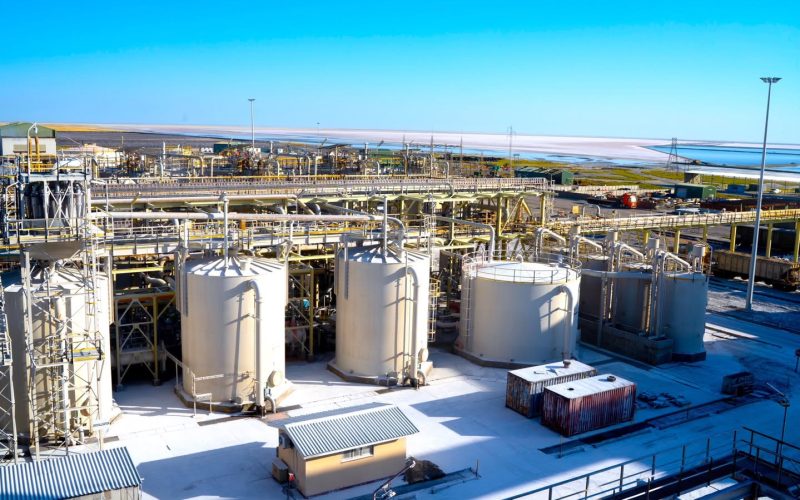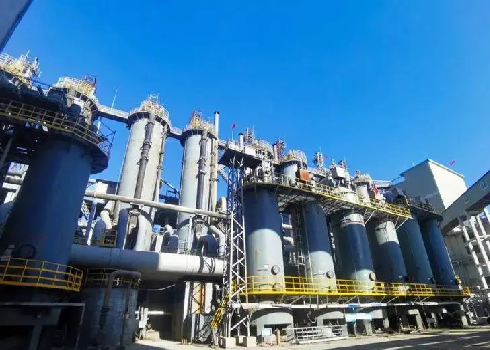Sodium Bicarbonate: A Green Champion for Sustainable Industries
In today’s world, industries are increasingly seeking sustainable, eco-friendly solutions to meet both consumer demands and environmental goals. As a leading manufacturer, we recognize the critical role sodium bicarbonate plays in driving innovation and sustainability across diverse sectors. While its applications in flue gas desulfurization, pharmaceuticals, and water treatment are well-documented, the potential of this versatile compound extends far beyond these traditional uses. This article explores how it serves as a powerful, eco-friendly engine for modern sustainable industries.
1.The Rise of a Sustainable Powerhouse
Sodium bicarbonate, also known as baking soda, is a naturally occurring, non-toxic, and biodegradable compound. Its safety profile, combined with its chemical properties, makes it an ideal choice for industries aiming to reduce their environmental footprint. As global awareness of environmental issues grows, this green champion has emerged as a key player, offering effective alternatives to harsh chemicals and processes. Let’s delve into the specific ways it is making a difference.
2.Green Cleaning and Household Care: The Non-Toxic Powerhouse
The demand for safer, sustainable household products is skyrocketing, and baking soda is at the forefront of this revolution. Its ability to replace harsh chemicals without compromising performance makes it a cornerstone of eco-friendly cleaning solutions.
Eco-Friendly Detergents and Dishwasher Tablets
This compound acts as a gentle yet effective cleaning agent, capable of removing grease, stains, and neutralizing acidic odors. It enhances the performance of primary detergents while minimizing environmental impact. Its water-softening properties further contribute to reducing the need for additional chemicals, making it a staple in green cleaning formulations.
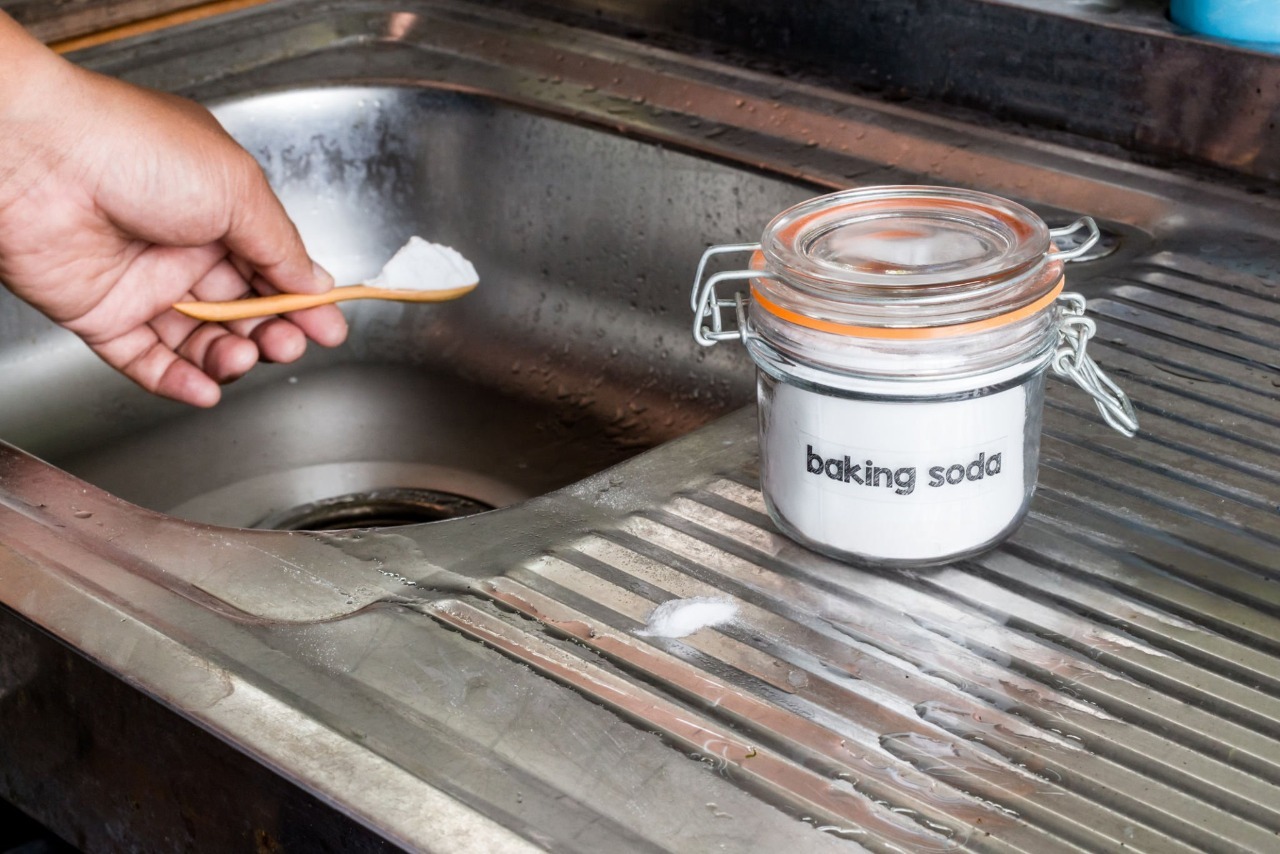
Air Purification
The natural ability of sodium hydrogen carbonate to absorb and neutralize volatile organic compounds (VOCs) and odors makes it a key ingredient in eco-conscious air fresheners, refrigerator deodorizers, and carpet cleaners. Unlike synthetic alternatives, products based on this ingredient do not release harmful residues, ensuring safer indoor air quality.
Surface Cleaners
From kitchen counters to bathroom tiles, cleaners based on NaHCO₃ provide an effective solution for scrubbing away dirt without scratching surfaces or leaving behind toxic residues. Its mild abrasive properties make it suitable for a wide range of materials, aligning with the growing preference for non-toxic household products.
3. Agricultural Innovation: Soil Amendment and Organic Farming
Modern agriculture faces the dual challenge of increasing productivity while adhering to environmental stewardship. Sodium bicarbonate is playing an increasingly important role in addressing these challenges through its multi-faceted applications.
Soil pH Management
As an effective and gentle tool for managing slightly acidic soils, baking soda helps raise pH levels, improving nutrient availability for crops. This leads to enhanced yield and quality, making it a valuable asset for farmers practicing sustainable agriculture.
Carrier for Agrochemicals
The fine, consistent particle size and inert nature of sodium hydrogen carbonate make it an excellent carrier for pesticides and fungicides. It ensures even distribution and effective application, reducing the overall quantity of chemicals required and minimizing environmental contamination.
Contribution to Plant Health
While not a fertilizer itself, this substance creates a more favorable soil environment for nutrient uptake. In controlled environments, it can contribute to CO₂ levels, aiding photosynthesis and promoting healthier plant growth. This makes it a supportive tool in organic farming and precision agriculture.
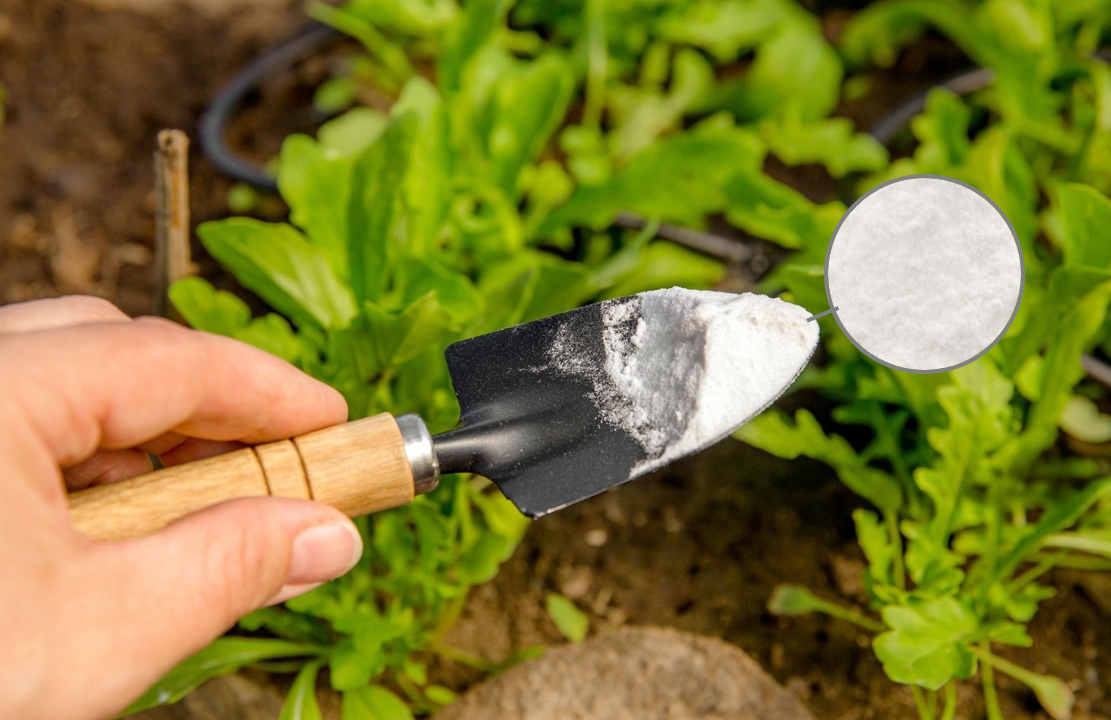
4. Animal Nutrition and Feed Additive: Boosting Health and Productivity
In livestock farming, particularly in the dairy industry, animal health is directly linked to profitability. Sodium bicarbonate has proven to be a critical feed additive for optimizing ruminant digestion and improving overall outcomes.
The Natural Buffer in Rumen
High-energy grains used in animal feed can produce excess acid in the rumen, leading to acidosis—a condition that reduces feed intake, milk production, and overall health. NaHCO₃ acts as a buffer, stabilizing rumen pH and preventing acidosis. This ensures better digestion and nutrient absorption, contributing to healthier livestock.
Proven Benefits for Dairy Cows
Studies consistently demonstrate that supplementing feed with this agent leads to measurable benefits, including increased milk yield and fat content, improved feed efficiency, and enhanced animal well-being. For progressive agribusinesses, these advantages translate to higher productivity and sustainability.
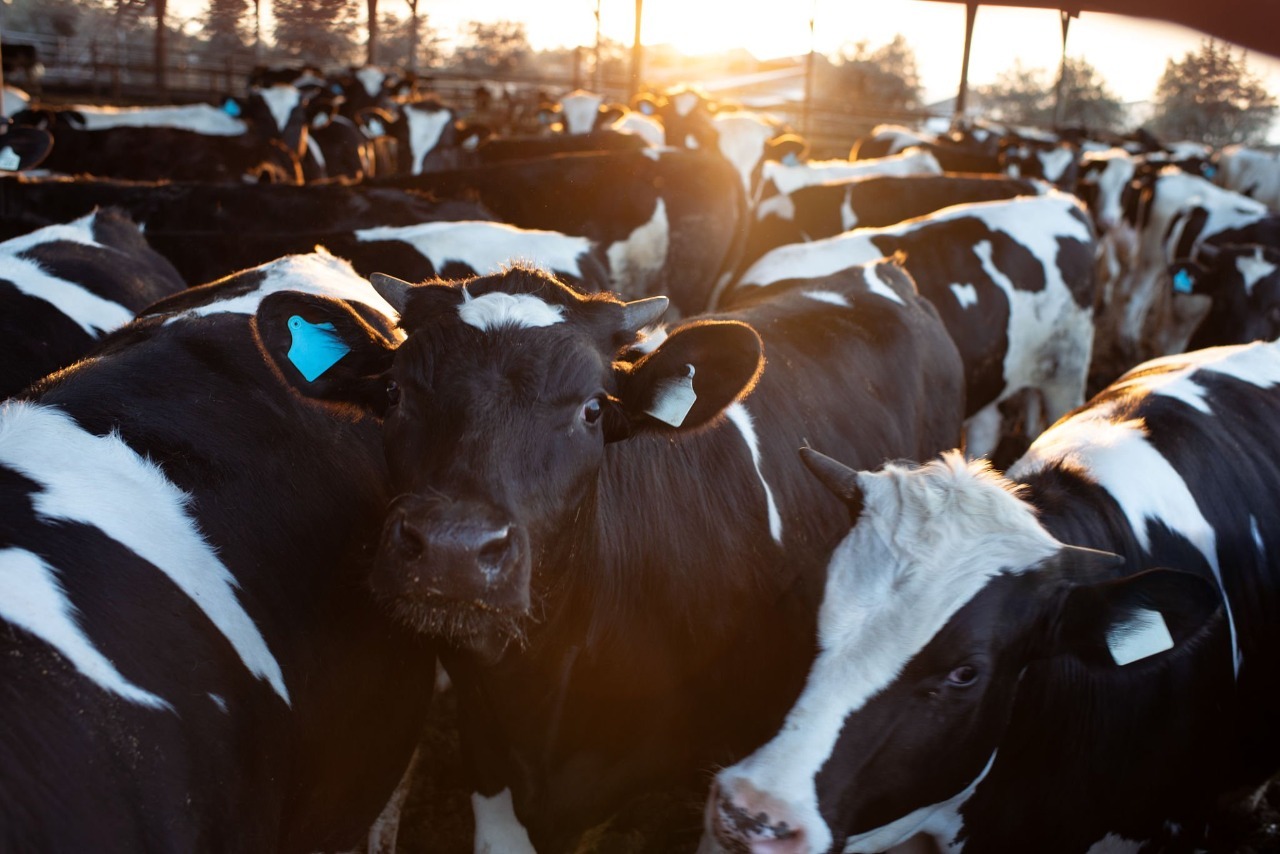
5. Conclusion: Partnering for a Greener, More Efficient Future
Sodium bicarbonate is more than just a chemical; it is a sustainable solution with far-reaching applications. Its versatility, safety, and efficacy make this compound the ideal choice for industries committed to a greener future. From household cleaning to agriculture and animal nutrition, baking soda is paving the way for innovative and eco-friendly practices.
As a trusted sodium bicarbonate manufacturer, we provide high-purity, consistent-grade products tailored to meet the needs of these evolving industries. We are not just a supplier but a partner in developing sustainable and effective solutions. Whether you are formulating eco-friendly products or optimizing agricultural and livestock practices, this green champion offers a reliable and environmentally responsible option.
Ready to integrate sodium bicarbonate into your products or processes? Contact us today to discuss your specific needs and request a free sample of our premium product. Together, we can build a more sustainable future.

